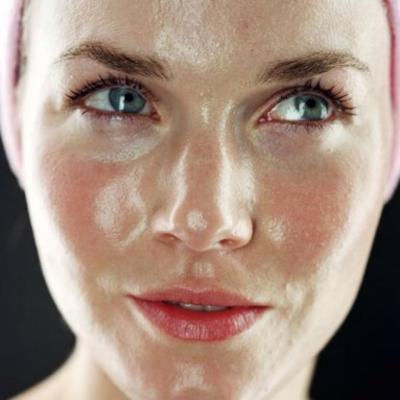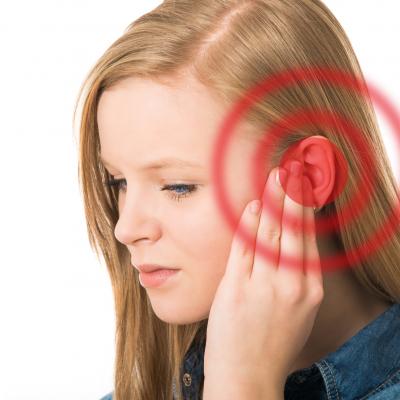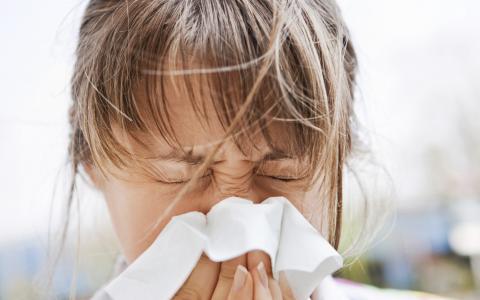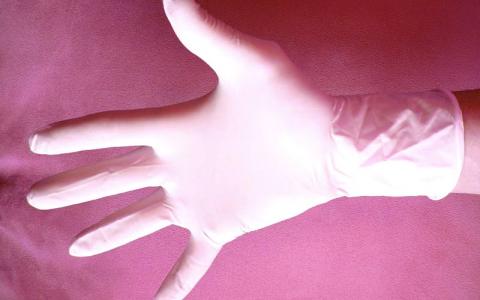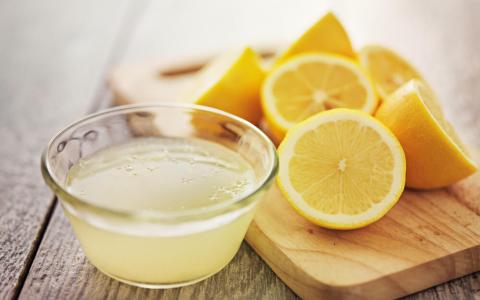5 Essential Oils That Are Great For Your Hair

Most of us are already familiar with the health benefits of many essential oils, from skin care to internal health. But did you know that they can also be used to promote healthy hair?
Whether you have a specific problem like dandruff or you have fairly normal hair that could just use a boost, essential oils can help give you a gorgeous head of hair.
Benefits of Essential Oils for Your Hair
They Regulate Oil Production
Whether your scalp produces too much or not enough oil, some essential oils can restore balance to your scalp. Oils like rosemary and cedarwood help your skin to normalize its oil production.
They Reduce Dandruff
A common complaint, dandruff can be caused by a number of conditions, from dry skin to fungus. Since many essential oils regulate your skin’s oil production and fight fungus, they are very effective at treating multiple causes of dandruff.
They Get Rid of Lice
If you or anyone in your home has ever had lice, you know what a nuisance they can be. They’re tough to treat, and many pesticide formulations carry significant health risks. Luckily certain essential oils, like ylang-ylang oil, have been shown to kill head lice.
How to use them in your hair
There are a few different ways to use essential oils for your hair, each with its own benefits. We’ll look at the 3 most common ways and how to get the best results.
Add them to your shampoo or conditioner
The easiest way to incorporate essential oils into your hair routine is to mix it with your shampoo or conditioner. Simply add a few (3-5 is plenty) drops of your chosen essential oil to your regular shampoo or conditioner. Lather as usual and rinse.
Use them as a scalp massage
Massaging the right oils into your scalp will promote hair health at the root while reducing symptoms of dandruff.
Mix your essential oil of choice with a carrier oil, like jojoba or coconut oil. These oils are ideal for diluting an essential oil and also provide a number of hair-boosting benefits.
Once you have mixed your oils, apply the mix in sections, focusing on small areas of the scalp. Gently use your fingertips to massage the oil into your scalp, taking care not to scratch the skin.
Leave the oil in your hair for at least an hour before washing with your normal shampoo.
As a deep conditioning treatment
After diluting your essential oil into a carrier oil like coconut or sweet almond oil, apply the mixture evenly to your hair all over as a deep conditioning treatment. Leave it in for anywhere between an hour to overnight before washing. The longer it sits, the more your hair will reap the benefits of the nutrient-rich mixture.
The Best Essential Oils for Your Hair
1. Tea Tree Oil
Best for: Dry scalp, dandruff
 Tea tree oil is well-known for fighting common skin and hair ailments, most notably dandruff. By moisturizing the scalp, it relieves the flakiness and itching caused by dry skin. Additionally, it has been shown to have antimicrobial properties, so it’s great for combatting scalp acne.
Tea tree oil is well-known for fighting common skin and hair ailments, most notably dandruff. By moisturizing the scalp, it relieves the flakiness and itching caused by dry skin. Additionally, it has been shown to have antimicrobial properties, so it’s great for combatting scalp acne.
Many dandruff shampoos use tea tree oil as the main ingredient, but you can achieve the same benefits by just mixing a few drops into your regular shampoo. Alternatively, it can be mixed with a carrier oil and applied to the scalp to promote hair growth.
2. Ylang-Ylang Oil
If your scalp doesn’t naturally produce enough sebum, hair is left dry and brittle. Rather than piling on moisturizing products, which can clog pores and leave build-up, try ylang-ylang oil. This oil stimulates your scalp’s sebaceous glands to help you produce more sebum naturally.
Ylang ylang oil performs well as a deep conditioning treatment to restore moisture and promote your hair’s natural moisturizing abilities. It’s also been shown to kill head lice.
3. Clary Sage Oil
 Best for: Curly/frizzy hair; dry/thinning hair
Best for: Curly/frizzy hair; dry/thinning hair
Similar to ylang-ylang oil, clary sage oil helps to regulate your skin’s oil production. Especially when used in conjunction with jojoba oil, it helps restore balance to your sebum production for healthy hair.
It is also helpful for smoothing hair that tends to become frizzy.
4. Rosemary Oil
On the other end of the spectrum, some people have overactive sebaceous glands on their scalp. Too much sebum leaves hair looking oily even after regular washes. Rosemary oil can be used to tone down your skin’s sebum production to prevent greasy strands.
In addition, rosemary oil stimulates the hair follicles while promoting the scalp’s blood circulation. The result is healthy, thick hair growth.
5. Cedarwood Oil
 Best for: Oily hair, thinning hair, dandruff
Best for: Oily hair, thinning hair, dandruff
By stimulating your scalp’s blood flow, cedarwood oil helps promote hair growth, making it ideal for those with thinning hair. It’s a proven treatment for alopecia, a condition that results in significant hair loss.
On top of promoting hair growth, it controls bacterial and fungal issues as it has antiseptic properties. It also balances the scalp’s oil production, whether you produce too much or not enough oil.
Final Thoughts
No matter your hair woes, there’s a good chance that the right essential oils can help. They’re effective and easy to incorporate into your regular routine, whether you want to treat dandruff or regulate your scalp’s oil production. Even those with normal healthy hair can benefit from regular treatments with essential oils.



